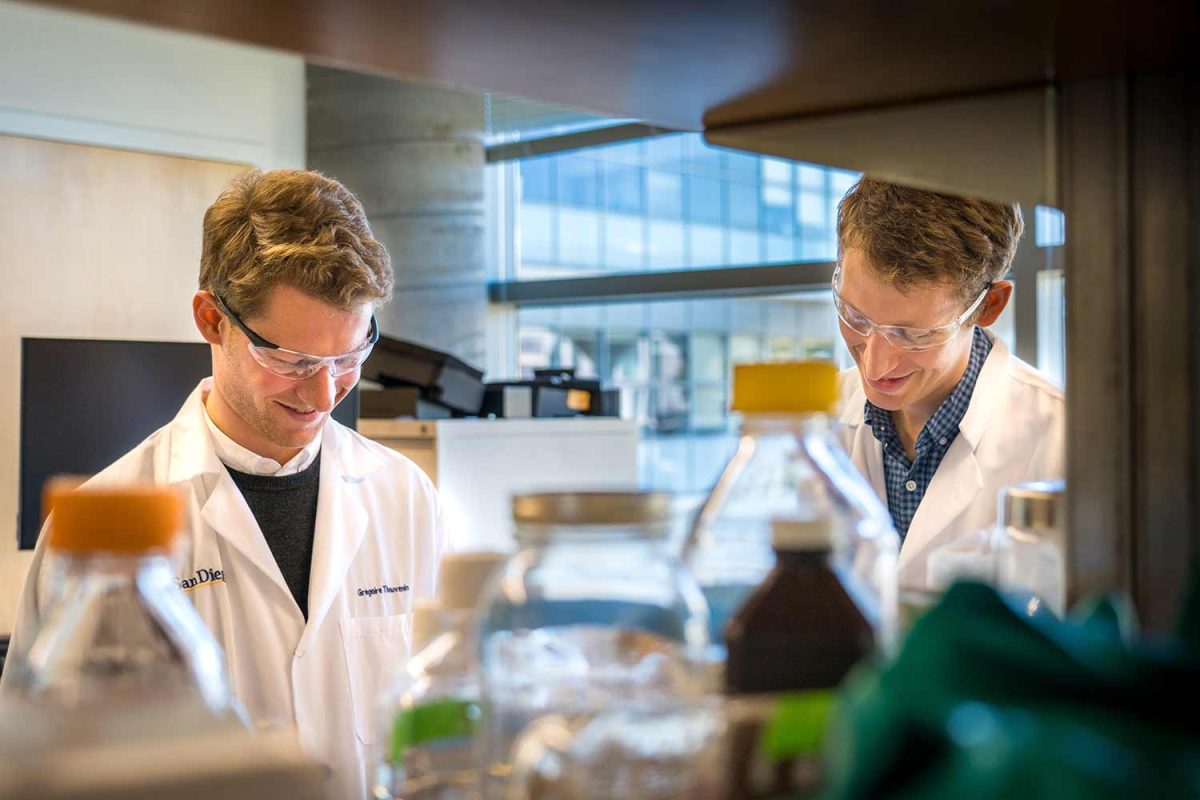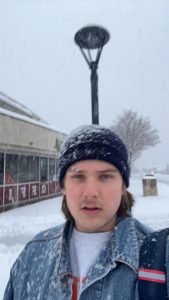For undergraduates at the University of Utah looking to get involved with research of any kind, there is no better place to start than the Office of Undergraduate Research.
Annie Fukushima is the director of OUR as well as the associate dean of undergraduate studies at the U.
“The office is committed to supporting undergraduate research across 18 colleges,” Fukushima said. They do this through funding students with research opportunities, educational content, presentation opportunities and a wide variety of events to support student engagement with research throughout the year.
“The office recognizes that our university is an R1 institution, which means that we have high commitments to research and so we want to make sure that at the end of the day, students are involved in that,” she added.
The primary way that students can get involved with the Office of Undergraduate Research at the U is through the Undergraduate Research Opportunity Program. About 500 students are currently funded to do research through UROP, according to Fukushima.
“Through that opportunity, students can apply with faculty mentors to do research,” Fukushima said.
These faculty mentors are available for students looking to do research across all 18 colleges. Many times, mentors act as the primary researchers that students get involved with through UROP. However, some faculty mentors help students with individual projects, which can vary from writing a novel to compiling oral histories, Fukushima said.
“It really depends on the field,” she added. “Mentors look really different.”
Anne Cook is a professor of education at the U, and she works as a UROP faculty mentor in educational psychology.
Cook’s research is on the cognitive processes involved in reading. She and her team study this using eye-tracking technology to see what parts of the text readers focus on when reading. She said even the mentoring she does in her single field tends to vary quite a bit.
“When I mentor students in my lab, my job is to help them understand the purpose of the project and the methodology in addition to how to do their individual tasks on the project,” Cook said in an email interview. “Depending on the student and the project, this could mean diving into the literature, helping with experiment setup and analysis or even writing and presenting research results.”
Students who wish to get involved with research at the U must prepare a proposal, which is usually four to six double-spaced pages, and fill out the online application located on the OUR website. They will then receive a reference link via email that they will need to send to their mentor.
Cook said if students already know what type of research they want to do and who they want to work with, they should approach the mentor they have in mind after class or during office hours to talk about opportunities.
After students have submitted their proposal, it will be sent to faculty who are experts in the selected research field, according to Fukushima.
Those experts will review all proposals in committee before making their recommendations for funding. Fukushima added even if a student doesn’t receive funding on their first application, the office encourages them to apply again.
“If you’re rejected, we encourage them to meet with me and their faculty mentor, we go through what some of the feedback might look like,” she said. “So the student can try again. There’s a high chance of the student getting awarded the second round.”
If students don’t know where to begin, OUR has a database on the main page of their website. Here, students can find information on many different research opportunities available at the U.
“It doesn’t have every opportunity across campus, but it has tons and we’ve been growing it in the hundreds,” Fukushima said. “I just think it’s kind of amazing.”
In addition, next spring there will be a course offered titled Undergraduate Research Experience. Cook will be teaching it and developed it in collaboration with OUR.
“It’s an online course that is designed to teach undergraduates from all disciplines at the U about research in higher education and skills and concepts that are important to research, before students ever start working with a mentor,” Cook said. “I’ve had students from all different majors and all different stages of study enroll in this course.”



